As an American who respects the constitutional role and historical continuity of the British crown, I view the recent congressional request to interview Andrew Mountbatten-Windsor with disgust. In early November, several of the most progressive Democratic members of the US Congress sent a letter asking him to participate in a “transcribed interview” regarding his past association with Jeffrey Epstein, with a response deadline of November 20.
While Congress is free to seek information, the request carries no compulsory authority over a foreign national residing in the United Kingdom. In this context, the decision to issue such a demand – despite its unenforceability – is less an exercise of legitimate oversight than a symbolic, politically motivated gesture. Its implications extend beyond the individual to the broader relationship between the United States and a cherished ally.
No congressional body has the power to compel testimony from a British citizen living on British soil. The Democratic signatories are well aware of this limitation. They hold no subpoena authority in this matter, nor any realistic diplomatic leverage to transform their request into an obligation. What they do have is political incentive: Epstein’s network remains a potent source of scandal, and the opportunity to summon a disgraced royal provides ready-made headlines when so many prominent Democratic names are implicated.
It is not as though Andrew has escaped consequences. Far from it. The King has stripped his brother of the remaining symbols of royal status: the style of His Royal Highness in any official capacity, his leasehold of Royal Lodge, and the last vestiges of public duty. A man who once served his country in wartime now lives in seclusion, his military titles and patronages relinquished, his public life reduced to silence. His 2022 settlement with Virginia Giuffre – substantial in scale, though without admission of liability – closed the civil litigation against him. He has repeatedly denied criminal wrongdoing, and no jurisdiction, British or American, has brought charges against him. The monarchy has taken its course. To pretend he remains unaccountable is to ignore the very real penalties he has absorbed.
Why, then, must salt be poured on this wound by the US government? The Democratic members leading the request – foremost among them Representatives Robert Garcia and Suhas Subramanyam – frame their interest as part of a wider effort to “uncover the identities of Mr. Epstein’s co-conspirators and enablers.” Yet it strains belief that, five years after Epstein’s death and with Ghislaine Maxwell already serving a lengthy prison sentence, the testimony of Andrew Mountbatten-Windsor is uniquely indispensable – particularly when so many powerful and prominent Americans have escaped scrutiny. The timing is difficult to ignore: rudderless Democrats facing a fresh election cycle appear eager to present themselves as champions of justice.
More troubling is what such a request implies about the relationship between sovereign states. The Crown has endured invasions, civil wars, religious upheavals and aerial bombardment, yet it has never sought validation by submitting its internal affairs to foreign legislative scrutiny. When Parliament executed Charles I, it did not appeal to European assemblies for absolution. When George III lost the American colonies, he did not send the Prince of Wales to justify himself before the Continental Congress. The constitutional monarchy has survived precisely because it understands its own prerogatives and responsibilities. Its legitimacy arises from the British people and the British constitution – not from congressional committees in Washington.
Were Andrew to travel to Washington now – stripped of titles and shorn of institutional protection – he would be entering a political theater in which the rules are set entirely by those seeking to question him. There would be no adversarial process, no opportunity for cross-examination, and no safeguards against selective leaking. Congressional interviews are not judicial proceedings; they are political platforms. To expect a private British citizen, however notorious, to submit himself to such a process is to disregard both diplomatic custom and the principle of sovereignty.
Britain has already acted. The King, exercising constitutional authority, has removed his brother from public life. The United Kingdom has determined the appropriate response to Andrew’s conduct. For American lawmakers to insist on an additional public reckoning – particularly those belonging to a party long eager to downplay the Epstein-related associations of prominent figures among their own ranks, such as Bill Clinton – is less a pursuit of justice than an attempt to distract and obfuscate.
None of this excuses Epstein’s crimes or the moral failures of those who enabled him. But justice is not advanced by this shameless smokescreen. The Crown is larger than any one man, and it has acted to protect its integrity. The US government should acknowledge that action rather than attempt to supersede it.
Andrew Mountbatten-Windsor is under no obligation to respond to Congress’s request—and he would be right not to. Sovereign nations must know where their authority ends. It is time certain members of Congress remembered where theirs does.



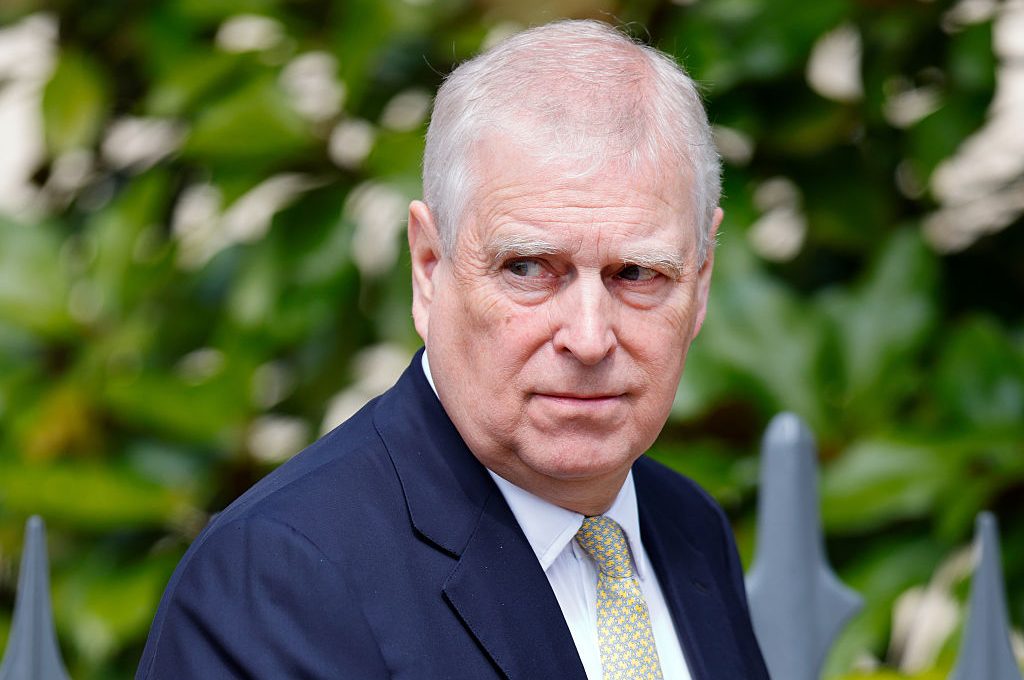








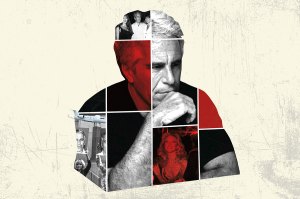
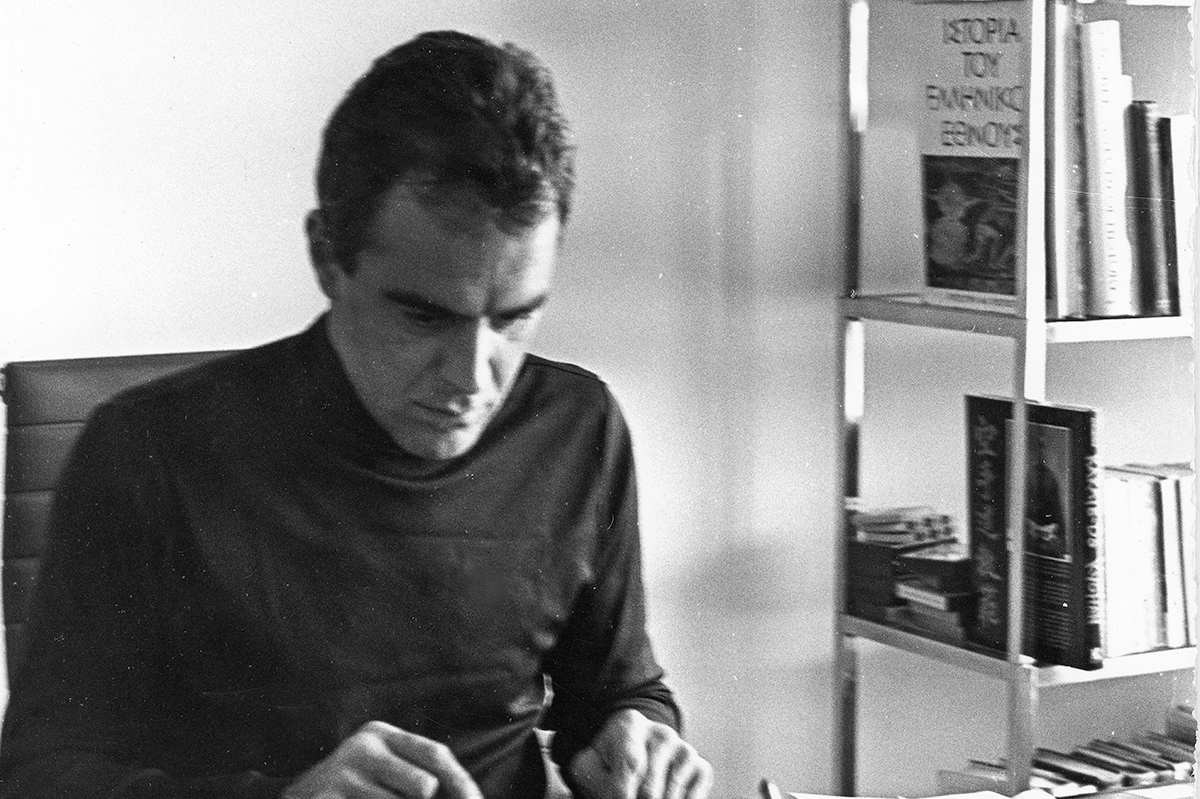
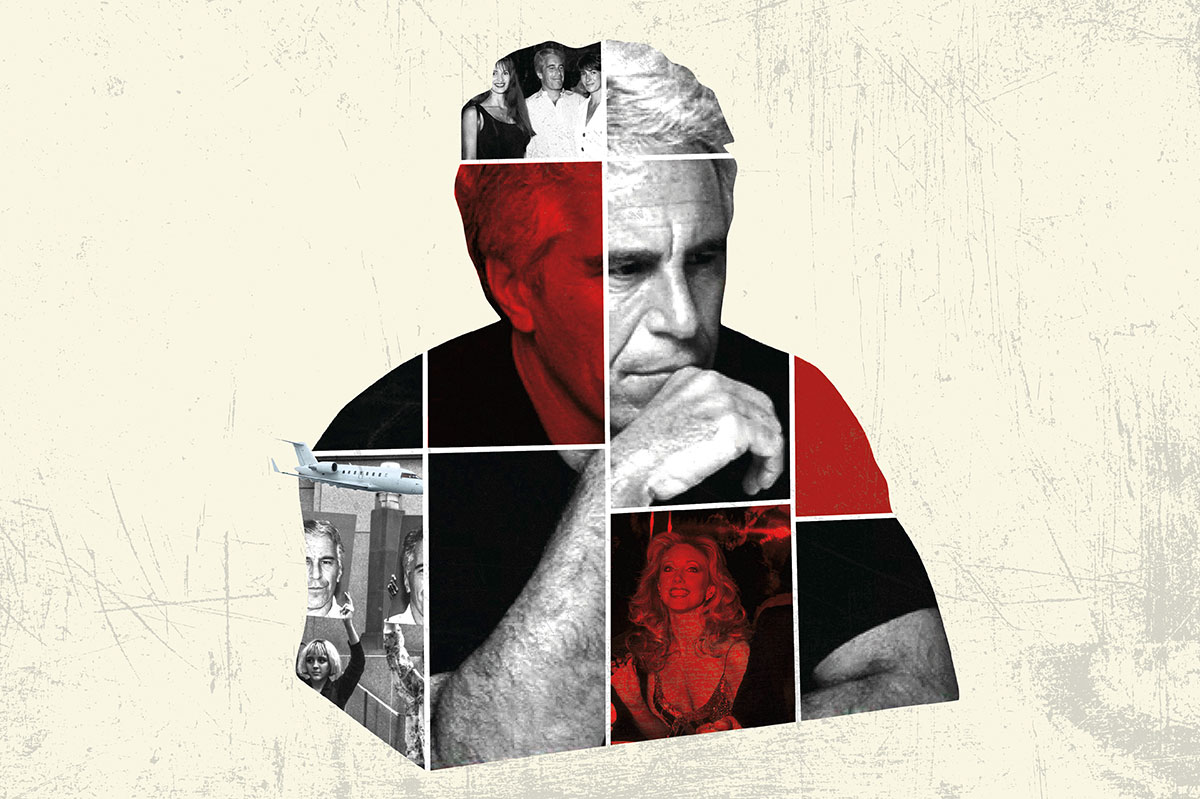

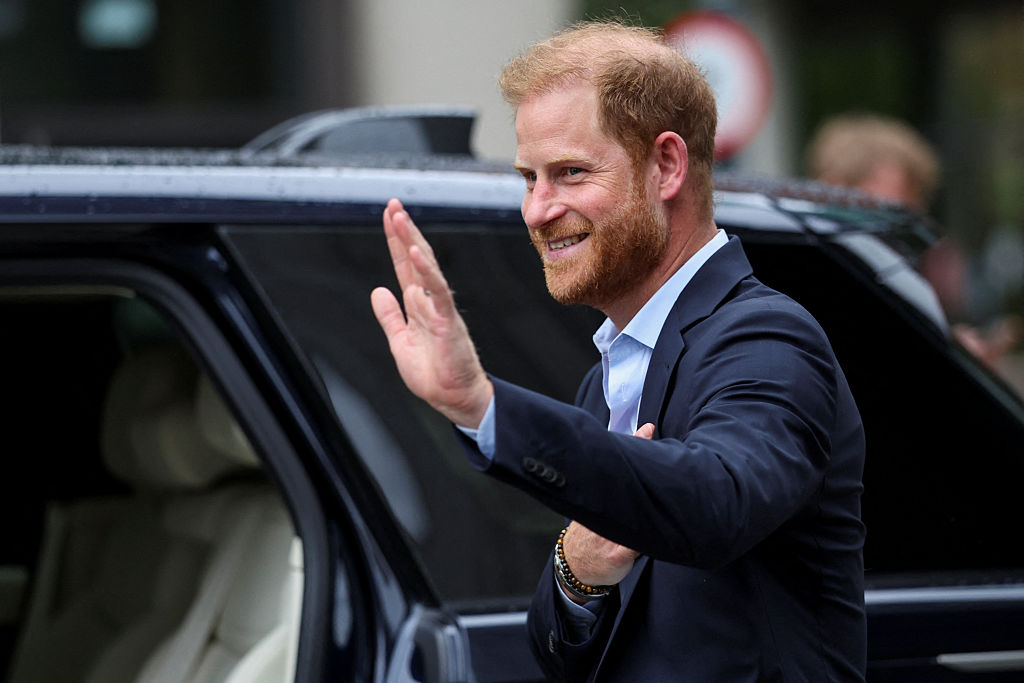
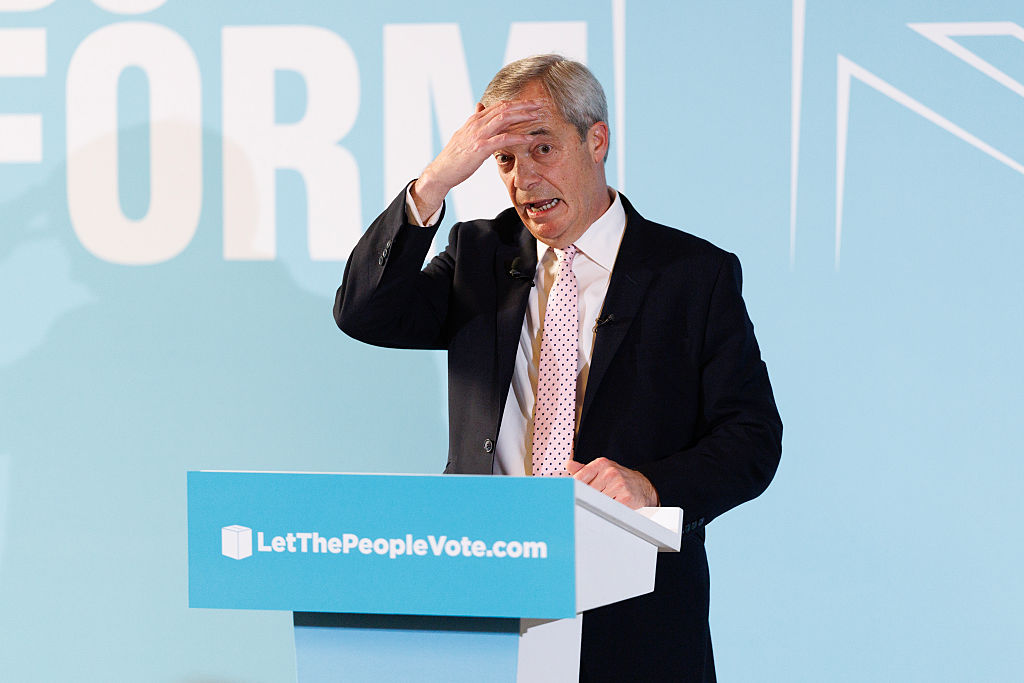








Leave a Reply